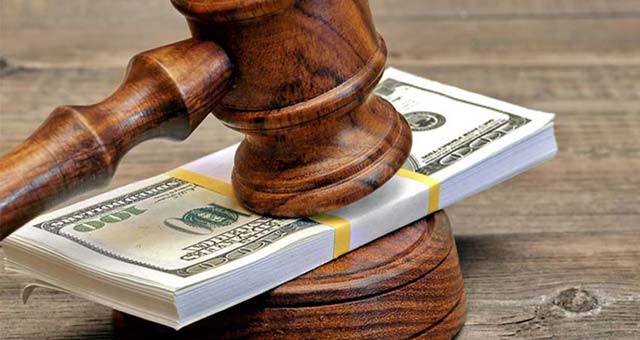Criminal charges are no walk in the park. There is always the possibility of time away from family as well as losing your job due to imprisonment. When faced with criminal charges, it means that the State or Commonwealth has brought an accusation against you. When you are charged or expecting to be charged with a criminal offence seeking immediate legal advice from criminal lawyers is the most important thing you can do.
With criminal charges, the stakes are usually high and you could be facing potential imprisonment, a fine or both. But if you approach the case well, you might be able to mitigate any charges against you and protect your interests.
Criminal prosecution in Australia
The proceeds of criminal charges differ from state to state. Although there are many similarities between jurisdictions, the laws are by no means uniform. Most of the criminal offences are prosecuted by the state and only a few fall within the jurisdiction of the federal government.
Expiable offences
These include minor offences such as traffic violations. Generally you are given an expiation notice and a fine do not require you to attend court. However, you do not plead guilty, you will be prosecuted in court.
Summary offences
Summary offences are minor indictable offences which generally carry a maximum of two years in prison. Offences include disorderly behaviour, driving under the influence, theft and assault and can they be heard and determined in the Magistrates court.
Indictable offences
Indictable offences are serious charges and the penalty generally exceeds five years imprisonment. Examples of offences are murder, robbery and sexual assault, the charges are heard before a judge and jury in the County or Supreme courts. However, under certain conditions some offences can be heard in the Magistrates’ court where a committal hearing is conducted. If the magistrate determines that there is enough evidence, the case is then directed to the county or supreme courts.
What to do when faced with criminal charges
Talk to a lawyer as soon as possible
This is extremely important to your case and defence. Chances are you have never been through this process before, and you might make mistakes which can compromise your defence. With a good criminal lawyer by your side, you will know what to expect and what you should be doing to prepare for your case.
Do not answer questions
Do not attend police interviews or answer police questions. The information you provide can come back to haunt you later in court. The only information you should provide to the police is your correct name, date of birth and address. There are, however, some specific situations where it is an offence not to answer prosecutor questions. An example is in Western Australia where under the Misuse of Drugs Act and Firearms Act, it can result in additional charges. In case you decide to talk to the police, make sure you’ve a lawyer present.
Avoid compromising your Defence
Dealing with criminal charges is hard enough and attracting subsequent allegations such as breaches of bail can further complicate the situation. As such it’s important you understand your bail conditions. For instance, you may be required to report to the police station on specific days or avoid contact with alleged victims and witnesses or visiting particular places. Make sure you adhere to the set conditions. Nothing looks worse than showing up in court with another trial pending for another set of charges.
Find the right criminal lawyer
Consider a lawyer who specialises in criminal law. If your case is particularly complex, a specialist criminal lawyer may have the extra expertise that you need. All in all, experience and expertise aren’t the only things that you should consider. Having a lawyer you can trust can do you a world of good.
